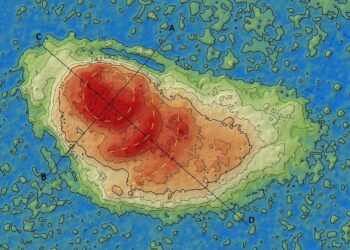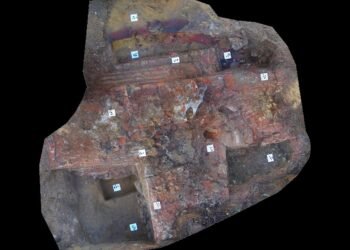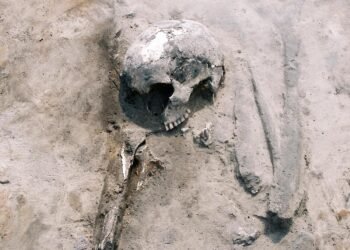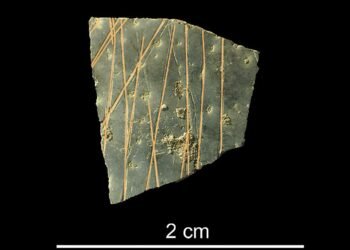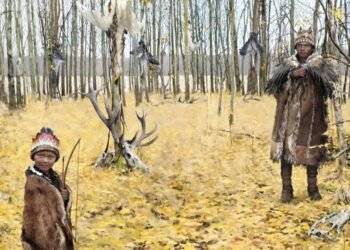Archaeologists from the Institute of Archaeology of the Russian Academy of Sciences have uncovered a burial necropolis from the 4th to 3rd century BCE. The discovery was made during construction works for a new federal highway in Kuban, located in the North Caucasus region of southern Russia.
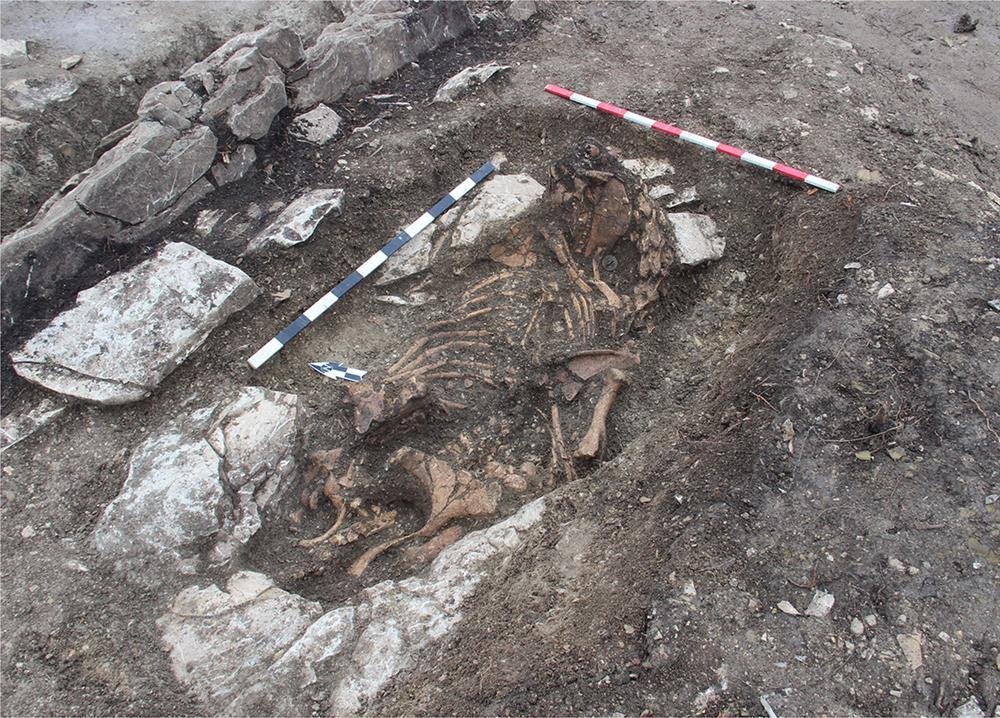
The excavation spanned an area of 2000 square meters. The burial complexes were situated on an ancient floodplain terrace, revealing 22 rectangular burial pits constructed in mainland clay. Despite extensive looting and damage during antiquity, the graves retained not only the anatomically ordered skeletons but also a wealth of burial inventory.
Burial No. 19, a poignant discovery, contained the remains of a man and a woman surrounded by funerary offerings, including bronze rings, a spear, and an iron tip.
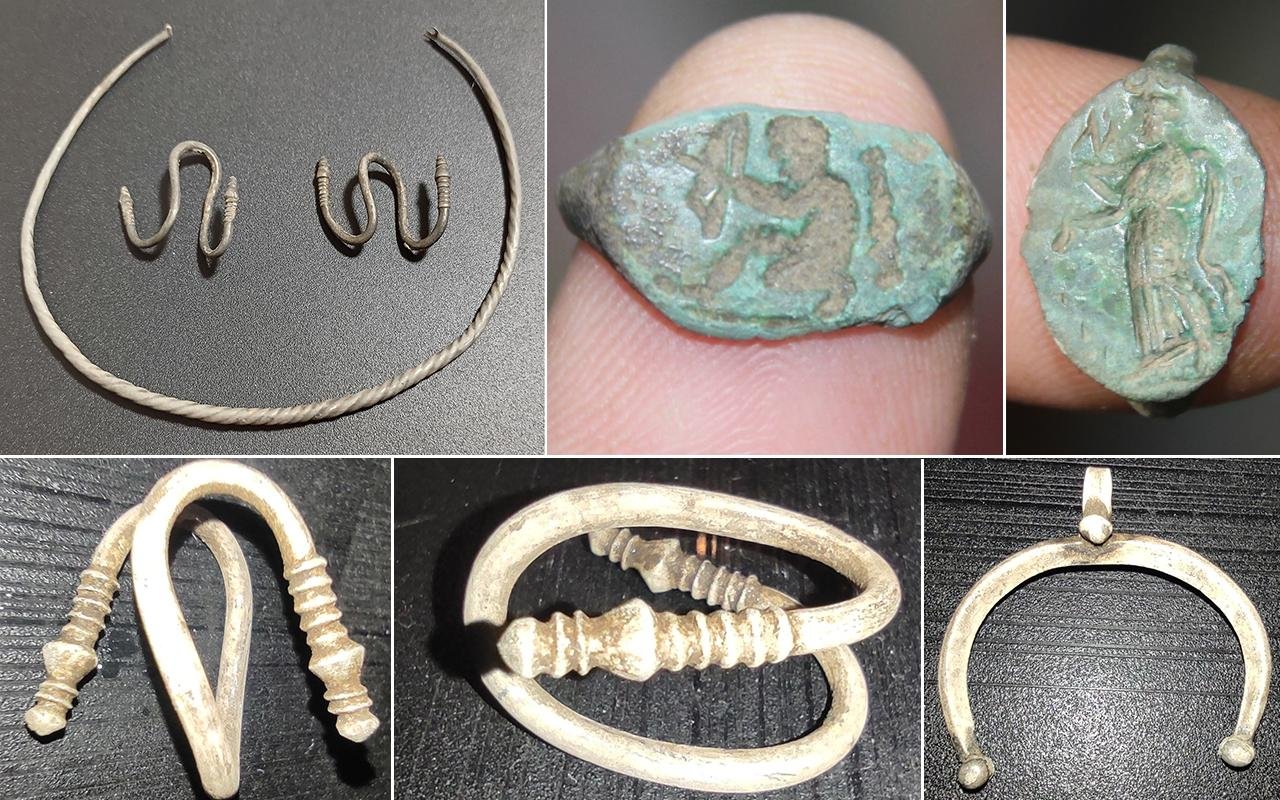
Similarly, Burial No. 10, housing at least five individuals, unveiled a trove of artifacts such as multiple spears, silver decorative objects, iron knives, and a unique bronze ring adorned with an image of a two-column temple portico.
The burial ground suffered significant damage in the 1970s due to large-scale earthworks, but meticulous excavations allowed researchers to piece together the historical puzzle.
The intricate details of Burial No. 11, where a horse with a harness set was interred, add a layer of complexity to the findings. This horse burial is associated with the paired burial of a man and a woman in Burial No. 19.
In the untouched Burial No. 15, archaeologists discovered a Heraclean amphora, a black-gloss bowl, bronze and iron rings, and a bronze bracelet.
Close to the necropolis, remnants of amphorae and tableware, including jugs and bowls, were found. These objects, believed to be part of memorial complexes or possibly discarded burial inventory of robbers, showcased a connection with Heraclea Pontica on the coast of Bithynia in Asia Minor.
The majority of transport vessels, particularly amphorae, were attributed to the pottery workshops of Heraclea Pontica, indicating trade and cultural exchanges in the ancient world.



